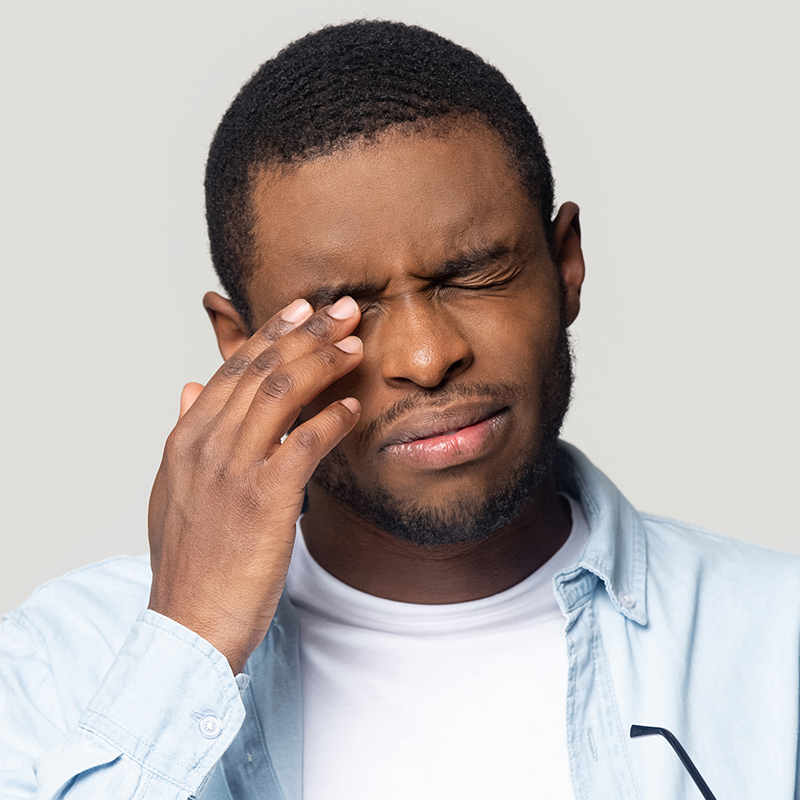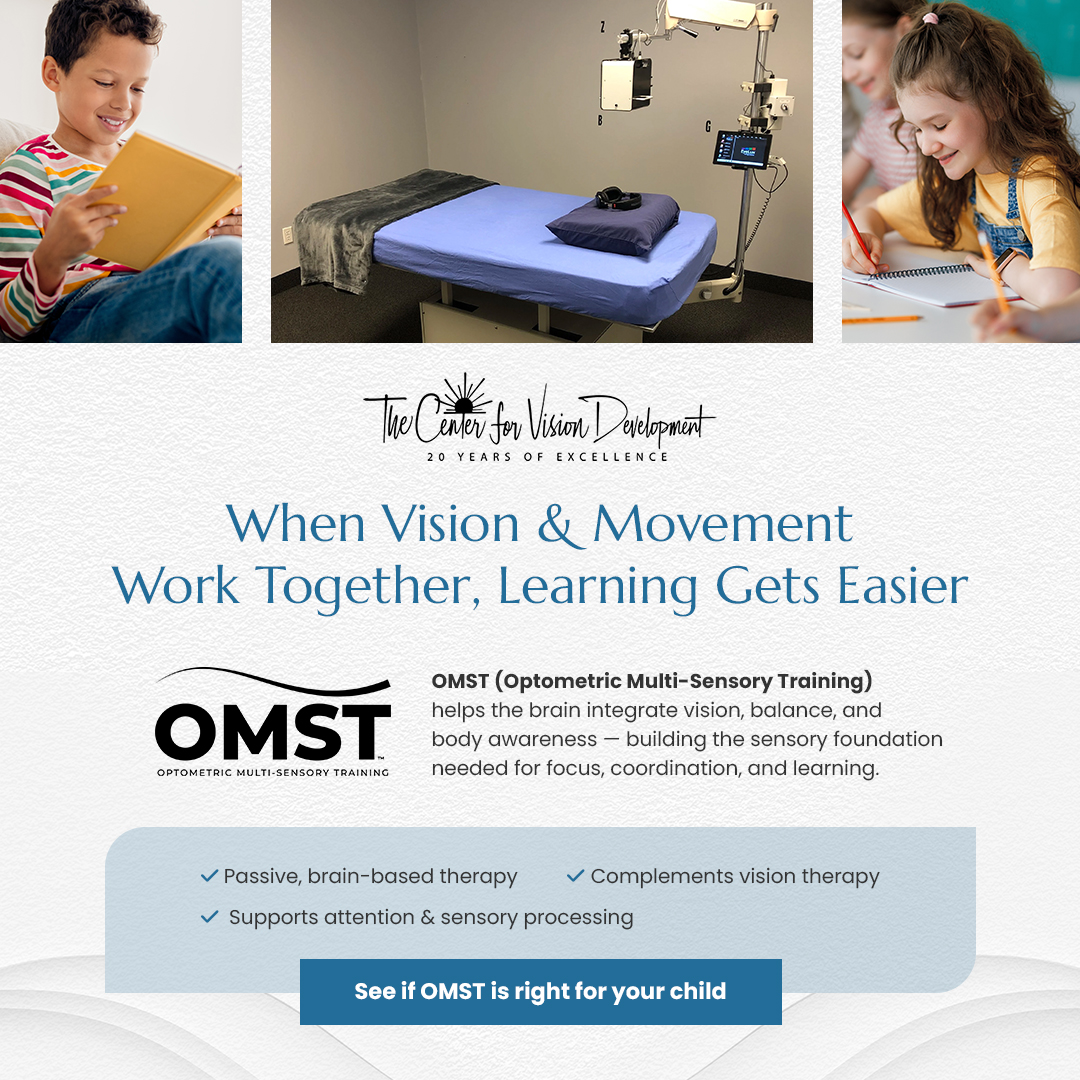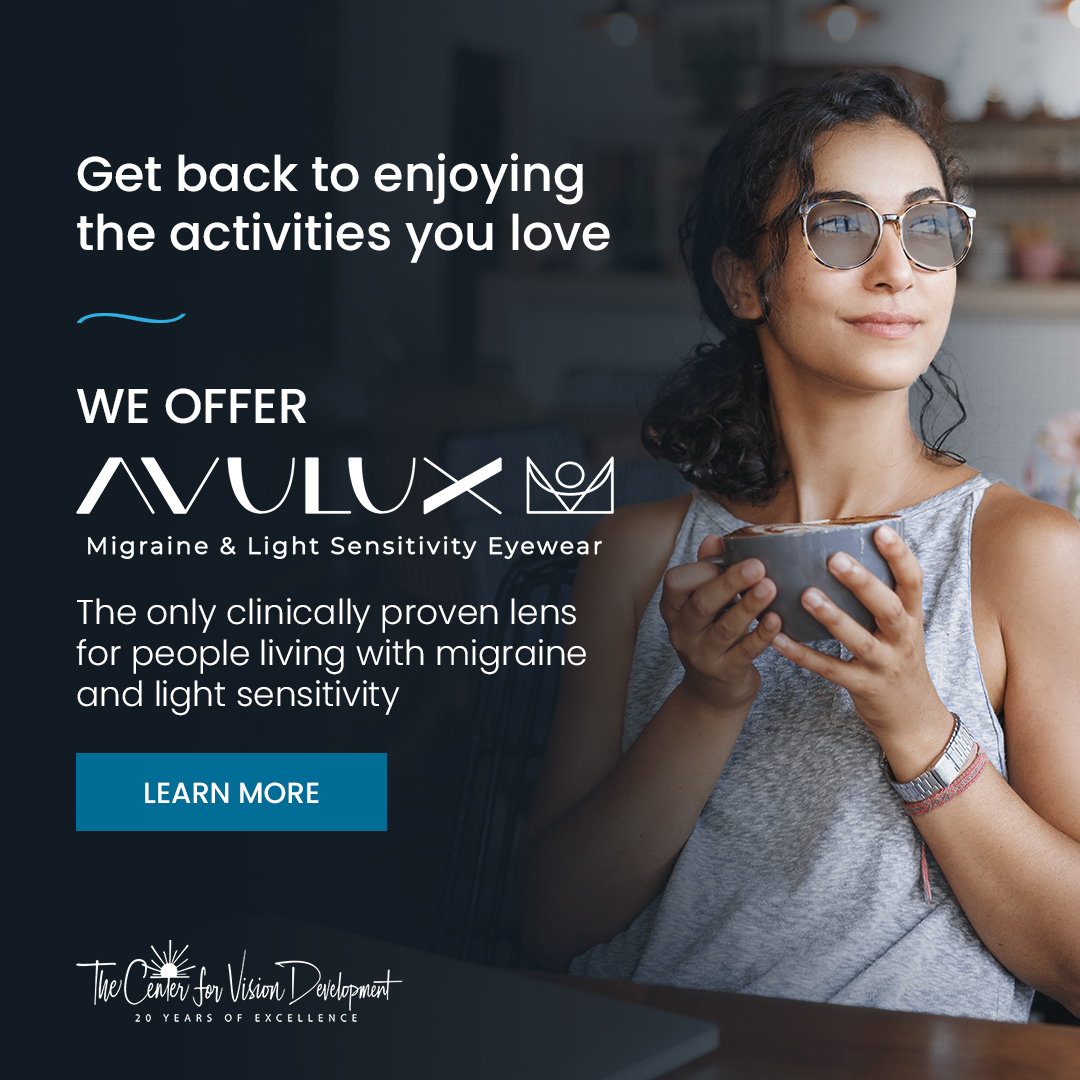
What Helps With Eye Problems After a Concussion?
If you’ve ever suffered a concussion, you may be familiar with the dizziness and nausea that come with it. But did you know that many people affected by concussion also experience vision problems after their injury? What types of vision problems do they experience? And how can you help yourself recover?
Read on as a Washington, DC vision therapy optometrist takes a closer look at post-concussion syndrome and how vision therapy can help.
How Common Are Vision Problems After a Concussion?
Concussions are a relatively common injury in sports and other activities, especially among young people. According to the National Center for Injury Prevention and Control, about 1.7 million Americans experience a traumatic brain injury each year.
Children who participate in athletics have an increased risk for concussion because of the physical contact involved with their activities. In fact, one study found that children between ages five and 18 years old makeup nearly 65% of all concussions.
Concussions can cause vision problems on their own or along with other symptoms such as headaches, nausea, and vomiting. These symptoms may last for weeks or months after the initial injury occurred.
Vision Problems Brought on By Concussion
There are a number of symptoms that can arise after a concussion, including vision problems. It may take time for these symptoms to manifest themselves, so it’s important to pay attention to your body and seek help if you notice any changes.
The most common types of vision problems caused by concussion include:
- Blurry or double vision
- Nausea and vomiting
- Light sensitivity
- Eye pain
These problems may go away after a few days or weeks, but it’s important to see an eye doctor if they persist.
Vision Therapy – An Effective, Alternative Treatment Approach
There are a lot of different treatments that can help with eye problems after a concussion.
One of the most popular is vision therapy, which helps to improve your vision and can even make it better than before. Vision therapy typically involves doing a series of exercises, such as tracking patterns, identifying objects at different distances, or reading letters from across the room.
Another common vision therapy treatment is eye patching, which helps to reduce double vision by forcing you to use only one eye at a time. This allows your other eye to rest so that it can heal completely.
If these treatments aren’t enough for you, there are also prescription glasses and contacts that can help with your vision issues after a concussion.
If you have more questions or wish to schedule a consultation, please don’t hesitate to call our Washington, DC vision therapy optometry office anytime!











